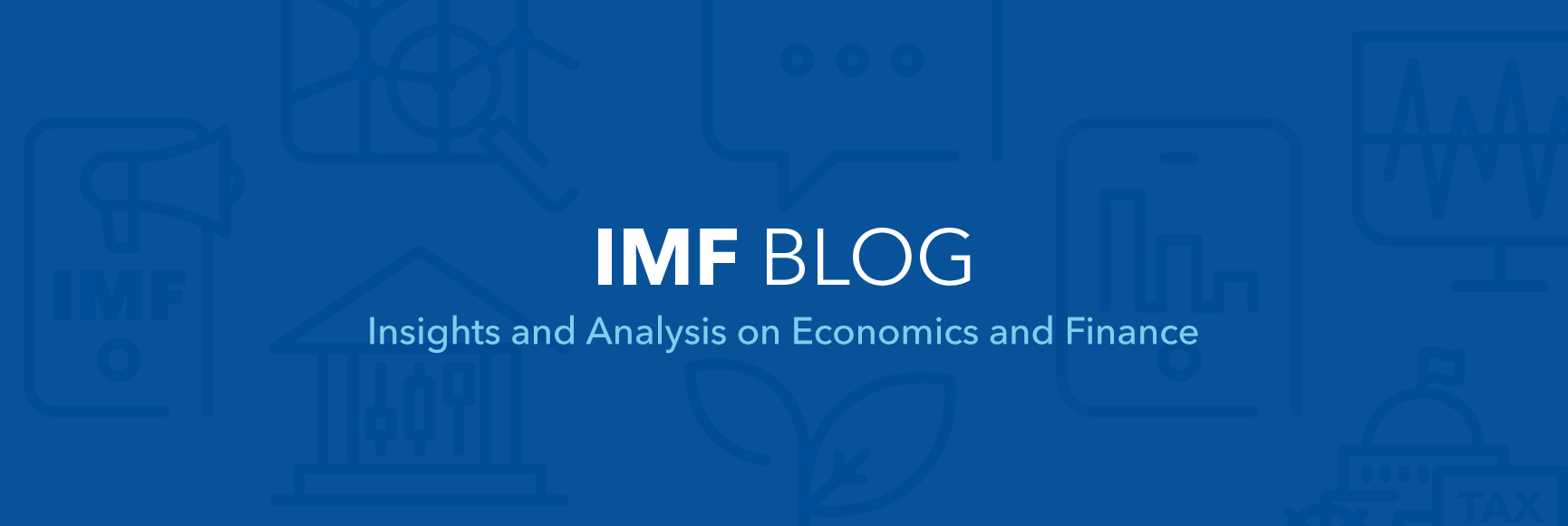A joint blog first published on the PCT website by Vitor Gaspar, Director, Fiscal Affairs Department, IMF; Navid Hanif, Director, Financing for Development Office, UN; Ceyla Pazarbasioglu, Vice President, Equitable Growth, Finance and Institutions, WBG; and Pascal Saint-Amans, Director, Centre for Tax Policy and Administration, OECD
COVID-19 has already infected millions of people and claimed nearly half a million lives. The sudden halts in economic activity and employment are far worse than anything on record, in depth and speed. The economies of developing countries are being harmed by drastic but very necessary measures to protect people’s health, and by cross-border disruptions in supply chains, tourism, remittances, and commodity prices. The poorest and most vulnerable segments of the population are always affected disproportionally during economic downturns. This is compounded during the current crisis as the poor have fewer options to protect their health and suffer more from disruptions in public services. Recovery will not be quick, and the future will differ in important ways from the reality of only a few months ago. In times of distress, people look to governments for information, direction and protection.
The current crisis is a global challenge that requires a global response. International tax cooperation must be part and parcel of a set of effective and well-coordinated multilateral actions to respond to the crisis. In order to expand the fiscal space, it is more urgent than ever to work together to fight tax evasion and tax avoidance, including illicit financial flows. At the same time, it has never been more important to move towards a fairer and more equitable taxation of economic activities at the global level.
Taxation is profoundly affected by the pandemic. Covid-19 will change taxation— in at least three important ways, with lasting implications. First and most immediately, taxation plays a role at this current crisis stage in helping to sustain universal access to basic goods and services through “lifeline” measures. Vulnerability to COVID-19 and to its economic impact are very different across social groups. Taxation can help compensate for this uneven playing field—that is an additional argument for progressive taxation. In the same spirit, aggressive tax minimization by large taxpayers – however legal it may appear – will become even more intolerable to society at large. This increases the importance of, and attention to, the work on international corporate taxation now being carried on in the Inclusive Framework and the UN Tax Committee.
Second, as the economies of the world recover, taxation will also play a role. Developing countries are likely to see a significant decline in their average tax-to-GDP ratio in 2020. This will have lasting implications—after the 2008-09 global financial crisis, it took an average of eight years for revenues to recover to their pre-crisis level. Clearly those countries with limited fiscal space going into the crisis will be hit harder than those that had greater flexibility on both the fiscal and monetary sides. Much direct international financial support and debt relief will be necessary during and after the peak of the crisis, and indeed considerable emergency financing is already flowing from both the World Bank and the IMF. But it is important that we do not lose sight of the imperative to support longer-term tax capacity building, and the importance of mobilizing revenues in the aftermath of the crisis. On the other side, taxation must play a role in future macroeconomic stimulus to regain growth. Striking the appropriate balance will not be simple. Stimulus needs to be well timed and proportional with securing the additional revenues needed to restore fiscal sustainability once growth has been put on an upward path. Taxes will play a role in shaping the “new normal”. Along with affecting equality, fundamental shifts in social behaviors make the aftermath of the crisis a good moment to “green” our tax systems.
Finally, the crisis brings even more importance to the fundamental work already being carried on by many lower income countries, with assistance from the PCT partners and other international providers, to reform and build governance capacity as part of the development process. Transparency, including the monitoring of domestic revenues, aid, and the spending of both, will be critical. For this group of countries substantial efforts to build tax capacity are central to a development strategy aimed at delivering on the Sustainable Development Goals.
The PCT Partners have been closely communicating at this difficult time: Policy Notes by the partner organizations have been linked and collated on the PCT website. Assessment and guidance through these notes by the partners have proven to be largely complementary. The PCT partners will continue their work together, including through exchange of views on analytic thinking on tax structures and the impact of changes on lower income developing countries.
COVID-19 opens opportunities for moving more decisively towards sustainable and inclusive growth. Progress and prosperity open to all peoples and nations is an ideal well worth pursuing.




